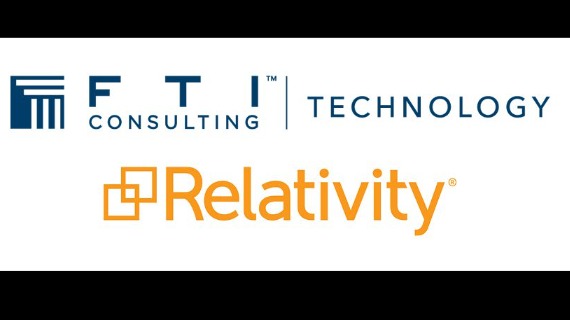A new study by FTI Consulting and Relativity reveals a dramatic shift in the legal profession: in-house lawyers now feel increasingly comfortable using generative AI tools in their daily work. The research shows that 85% of respondents are comfortable with AI being used for contract review, with 60% stating they are very or extremely comfortable. Similar levels of acceptance were found across other tasks, including privilege review, document analysis, e-discovery, and even compliance monitoring traditionally more sensitive areas.
This marks a significant change from just a year or two ago, when caution and skepticism were widespread. Now, genAI is no longer seen as experimental or risky; instead, it’s becoming a routine part of legal operations. The implications are far-reaching.
Firstly, client expectations are shifting. When general counsel or legal ops leaders are comfortable with AI, they increasingly expect their external law firms to use it as well. What was once a cautious approval is now a baseline assumption AI is expected to enhance efficiency and value.
Secondly, this shift unlocks a massive growth opportunity for legal tech vendors. Historically, many avoided selling to in-house teams unless their tools were narrowly focused (like CLM). But this growing comfort means broader adoption is now realistic, expanding the total addressable market for AI-powered legal tools.
Thirdly, the way legal teams prioritize and allocate work is changing. With genAI taking over more routine tasks contract analysis, document review, risk flagging lawyers can focus more on strategic, high-impact work. This gives real weight to conversations about modernizing legal work and challenging traditional billing models like the billable hour.
Lastly, there are organizational implications. As AI tools become more sophisticated and embedded in daily workflows, some teams may not need as many people focused on repetitive, lower-risk tasks. This doesn’t necessarily mean layoffs, but rather a redefinition of roles and responsibilities.
As Renato Fazzone of FTI Consulting noted, we can expect nearly all major legal departments to integrate AI into daily operations by 2026. Given how fast adoption has occurred since late 2022, this projection seems entirely plausible and even conservative. What was once disruptive is fast becoming the norm.



